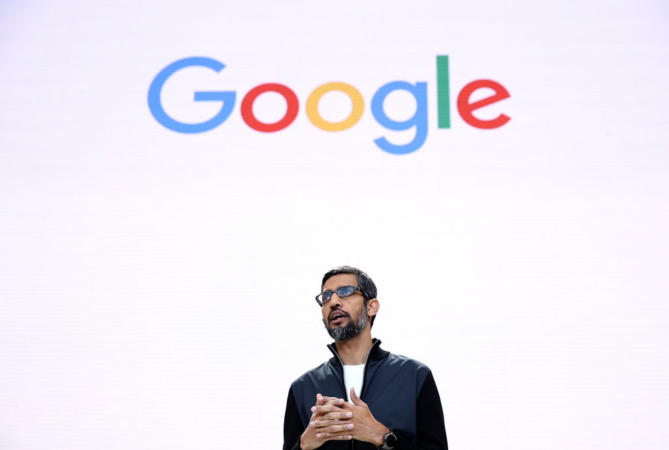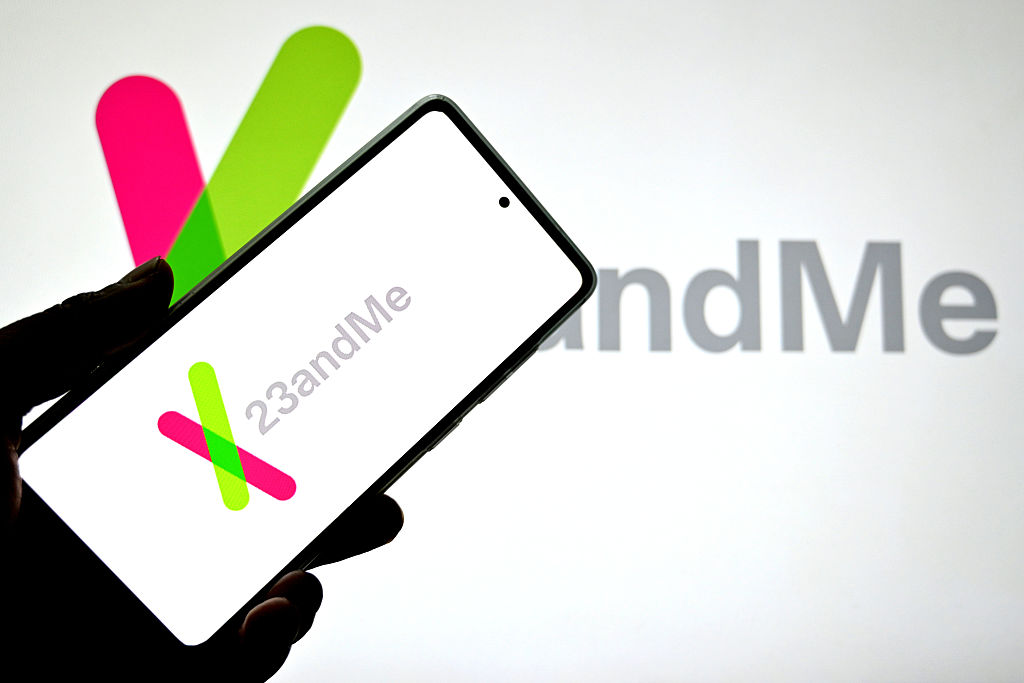Google has been investing a lot of its focus into artificial intelligence (AI) technologies in the past few years, but it’s falling short on the management level to bring its ideas to fruition.
The company claims to be “advancing AI for everyone,” yet it can’t seem to get the diversity and inclusion aspect of this down.
“At its heart, AI is computer programming that learns and adapts. It can’t solve every problem, but its potential to improve our lives is profound,” Google and Alphabet CEO Sundar Pichai said in a blog post. “At Google, we use AI to make products more useful—from email that’s spam-free and easier to compose, to a digital assistant you can speak to naturally, to photos that pop the fun stuff out for you to enjoy.”
Despite its seemingly good intentions to break more into AI, Google employees have been very critical about the company’s AI investments from the start. Back in June 2018, according to Forbes, more than 3,000 employees signed a petition in protest against Google’s participation in Project Maven, a military program ran by the Department of Defense that used AI and drones to identify buildings and persons of interests.
“We believe that Google should not be in the business of war,” employees said in the petition letter to Pichai.
As a response, Pichai authored a blog post announcing that Google would not develop artificial intelligence for “weapons or other technologies whose principal purpose or implementation is to cause or directly facilitate injury to people.” Pichai ended Google’s contract with the Department of Defense as a result.
“We recognize that such powerful technology raises equally powerful questions about its use,” Pichai said in the blog post. “How AI is developed and used will have a significant impact on society for many years to come. As a leader in AI, we feel a deep responsibility to get this right.”
In this blog post, Pichai also shared seven principles that Google planned to implement in all of its AI work. Those principles are:
- Be socially beneficial.
- Avoid creating or reinforcing unfair bias.
- Be built and tested for safety.
- Be accountable to people.
- Incorporate privacy design principles.
- Uphold high standards of scientific excellence.
- Be made available for uses that accord with these principles.
It seemed like Google was finally headed down a clear path to advance its AI technologies, but why hasn’t it stayed true to its promises? Back in December, Forbes discovered that even though Google promised to stay out of the weapons business, it has made investments in startups working with military surveillance tools. GV, the venture capital firm that spun out of Google in 2009 and is funded by Alphabet, has made investments in similar companies.
And like many big tech companies, Google has been under fire for its lack of diversity and inclusion. In December, the tech company stepped into the lime light once again after it fired renowned computer scientist Timnit Gebru, who formerly served as a technical co-lead of its Ethical Artificial Intelligence Team. Gebru is an expert AI researcher and after she was prepared to share findings in a research paper that critiqued Google’s approach to deploying AI technologies, higher level Google managers outed her from the company. Gebru authored a paper that highlighted the dangers of larger language processing models but when VP of Google Brain, Megan Kacholia, didn’t like what Gebru was bringing to light, she asked for the findings to be retracted.
Jeff Dean, Google’s AI lead and Gebru’s former boss, claimed her research findings were “insufficiently rigorous,” and in a brief email while she was on vacation, Gebru found out about her termination, a departure that Google is claiming came in the form of a resignation. Gebru of course combatted that.
Gebru wasn’t just a great asset to Google’s AI team, but she is an Ethiopian American who was one of the top minority employees who often questioned the big tech company’s diversity and inclusion plans and motives. News of Gebru’s termination spread like wildfire after she shared the details surrounding the situation on Twitter. Her firing resulted in another petition from 2,700 Google employees who said her termination “heralds danger for people working for ethical and just AI—especially Black people and People of Color—across Google.”
After further investigation of Gebru’s termination, Pichai has since apologized about how her firing was handled. As a result, the company also enacted new policies surrounding “potentially sensitive employee exits.”
“I’ve heard the reaction to Dr. Gebru’s departure loud and clear: it seeded doubts and led some in our community to question their place at Google,” Pichai wrote in an email to employees that was published by Axios. “I want to say how sorry I am for that, and I accept the responsibility of working to restore your trust.”
But what about reinstating Gebru as an employee? There have been no talks of that and earlier this week, Google also fired its co-head of ethical AI, Margaret Mitchell, after conducting an internal investigation and finding that she used an automated script to sift through her emails in an attempt to find evidence of discrimination against Gebru. Gebru hired Mitchell during her time at Google and the pair launched Google’s ethical AI team in 2018. It was Mitchell who was working alongside Gebru in December on the paper that ultimately got Gebru fired.
Mitchell was another hard critic of Pichai and his handling of diversity and inclusion within Google.
Say you have a problem with consistently alienating Black women and have caused serious damage in their lives.
You could:
A) try to undo that damage
B) try to find more Black people to like you (the tokenism approach).
Good luck…..https://t.co/rrhL8AQDIF— MMitchell (@mmitchell_ai) January 19, 2021
Mitchell’s firing came a day after Google announced that it would be restructuring its AI teams despite the big tech company still not seeing the root of its problems. Google has now appointed Marian Croak, a prominent Black engineer at the company, as the leader of a new center of expertise on responsible AI within Google Research. This is another attempt from Google to stabilize its AI efforts.
The dismantling of its AI team isn’t the only battle Google has impended on itself. The company is facing other various lawsuits for the alleged illegal terminations of some of its Black employees.
Google’s lack of fairness when it comes to equal opportunity, diversity, inclusion and transparency is why the big tech company is experiencing this downward progression on its AI initiatives. It will be interesting to see how the company plans to move forward from here on out.

















